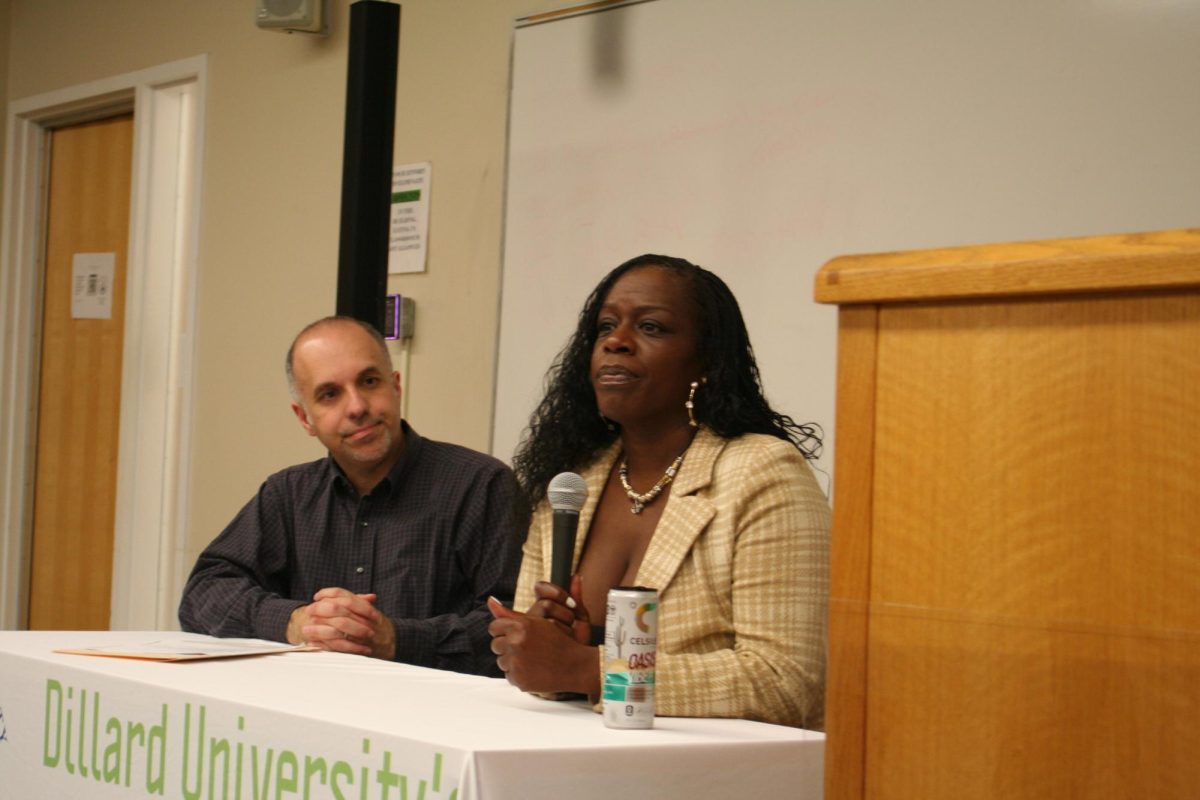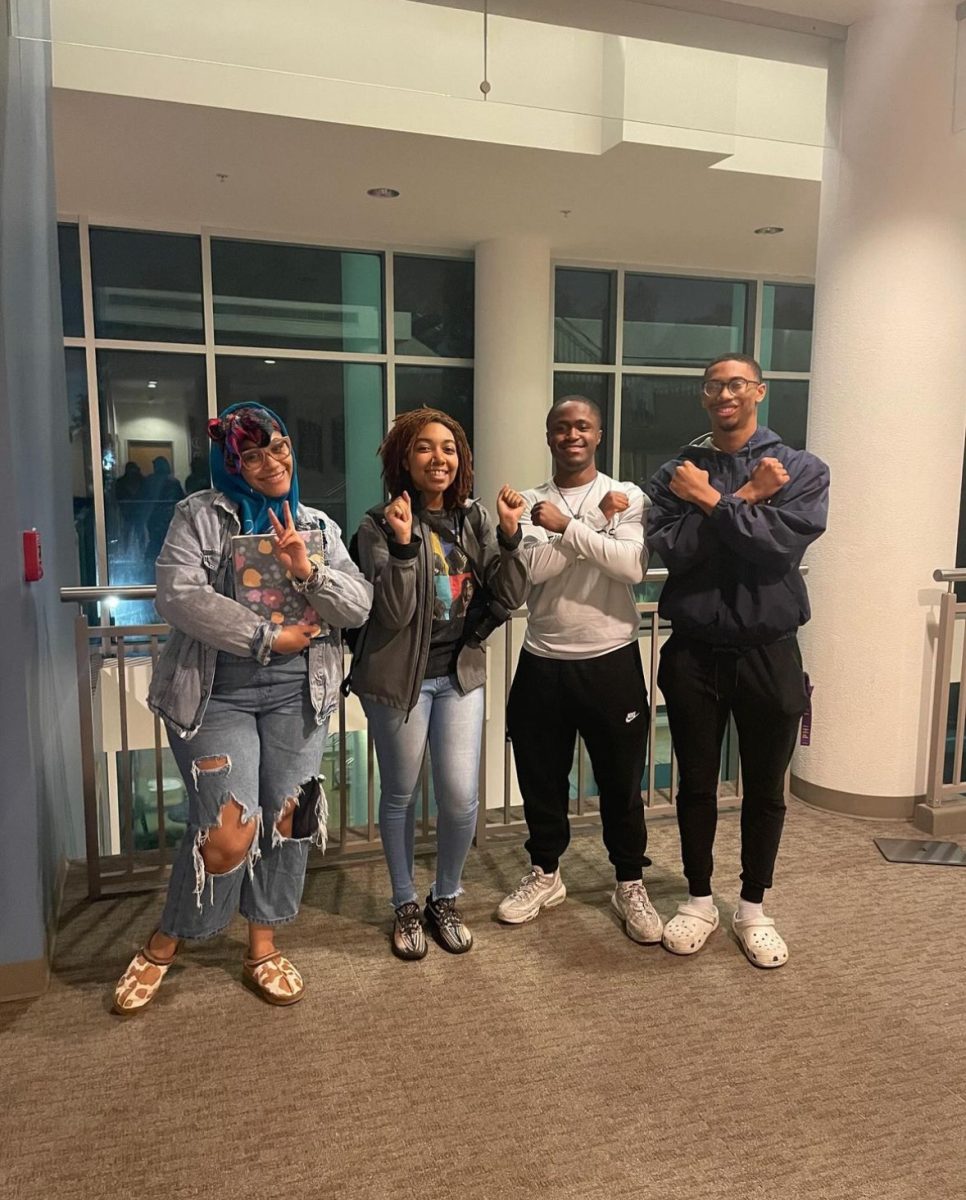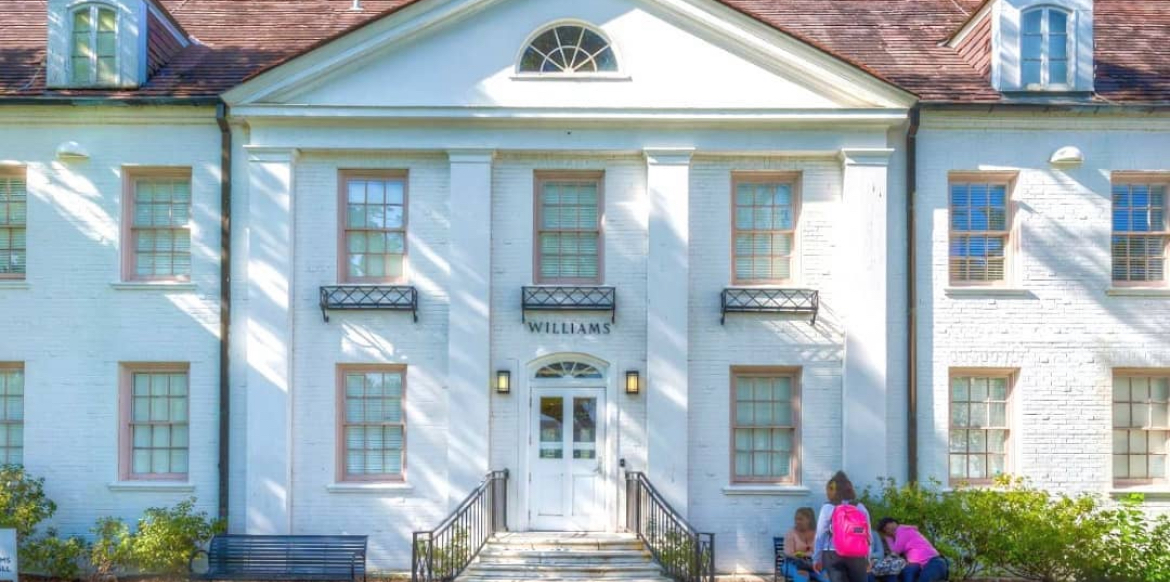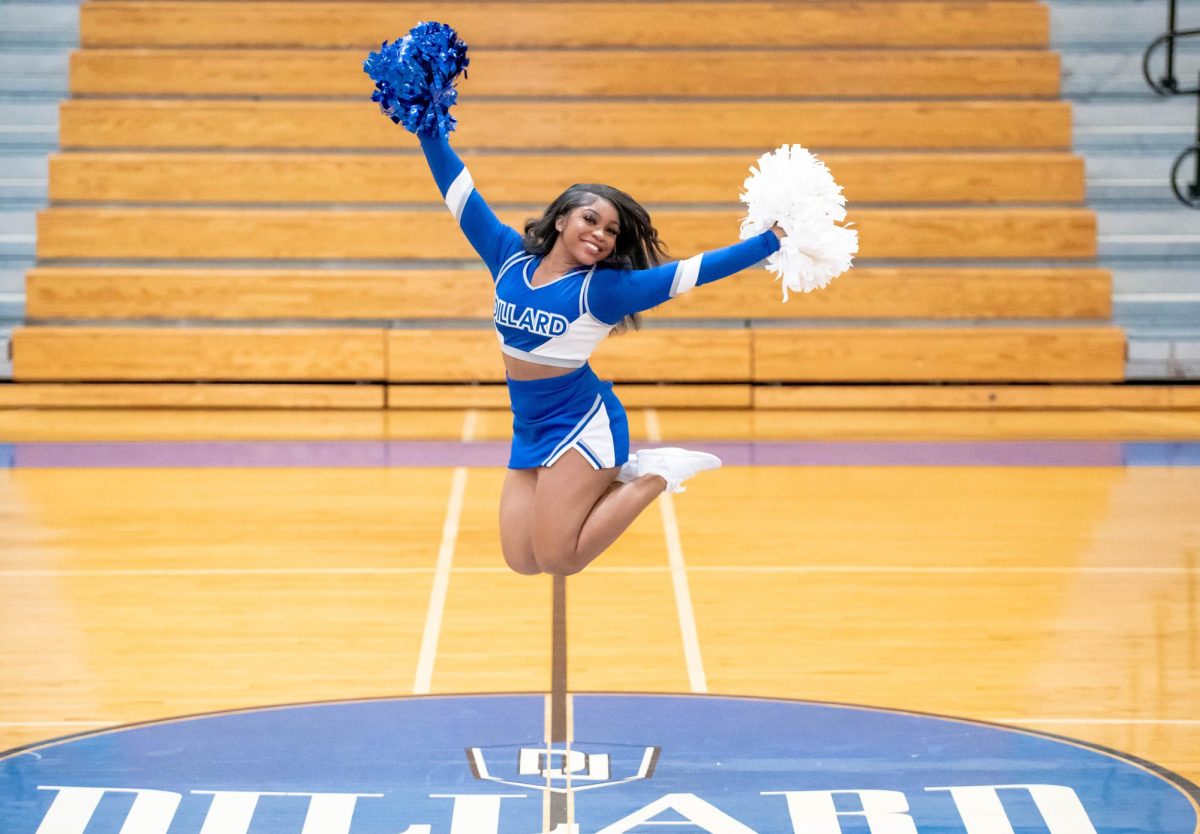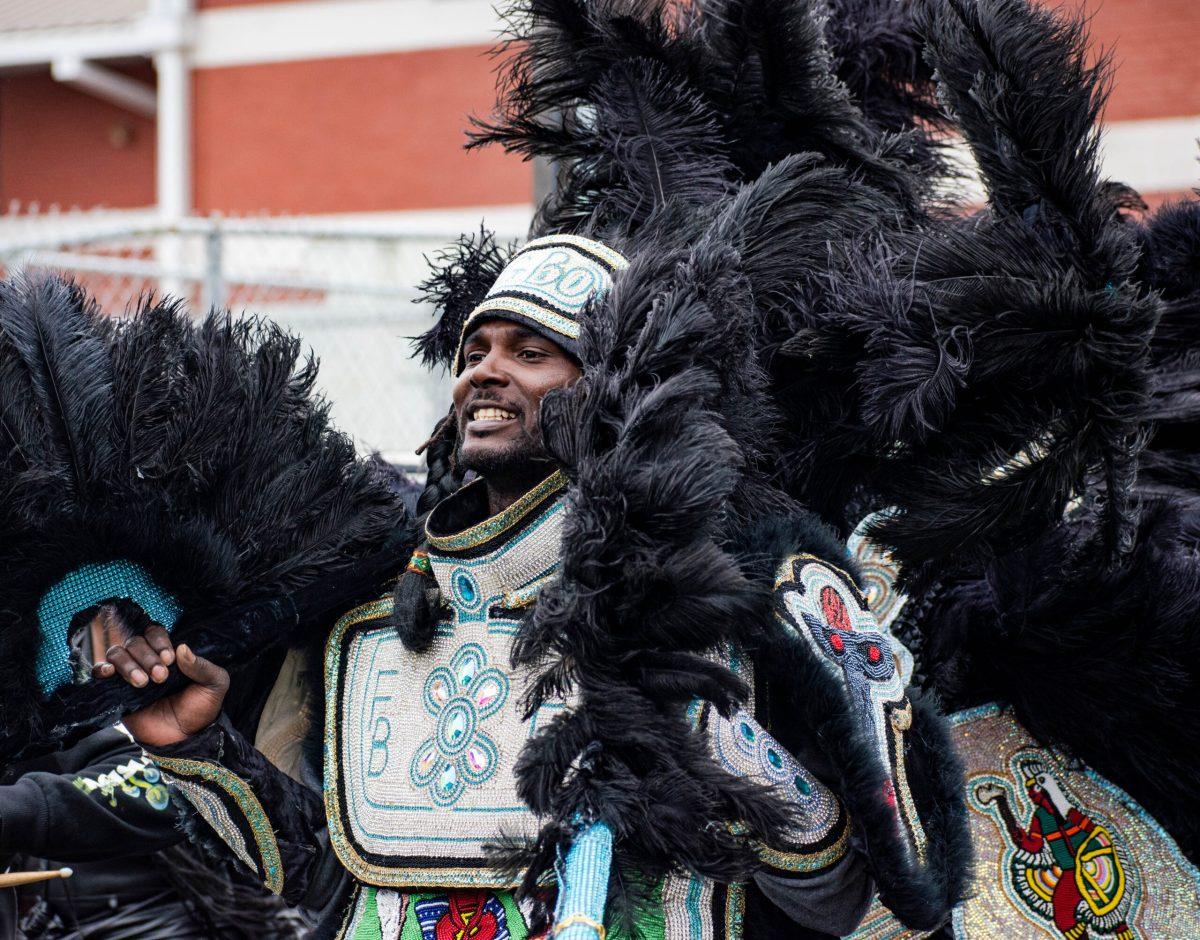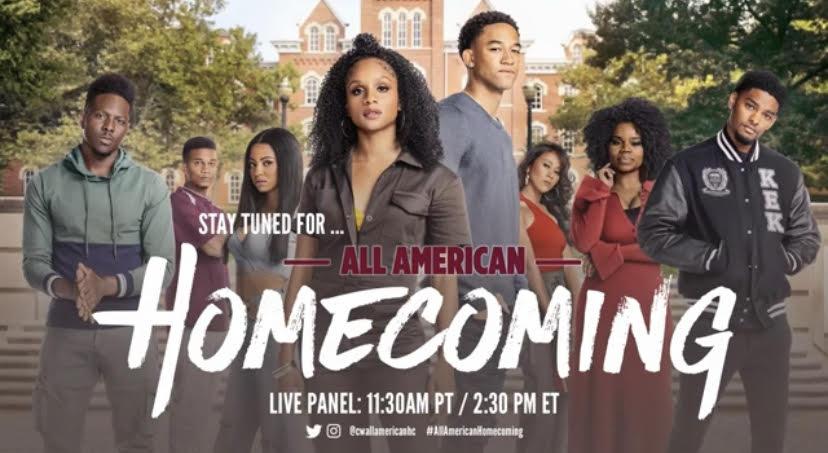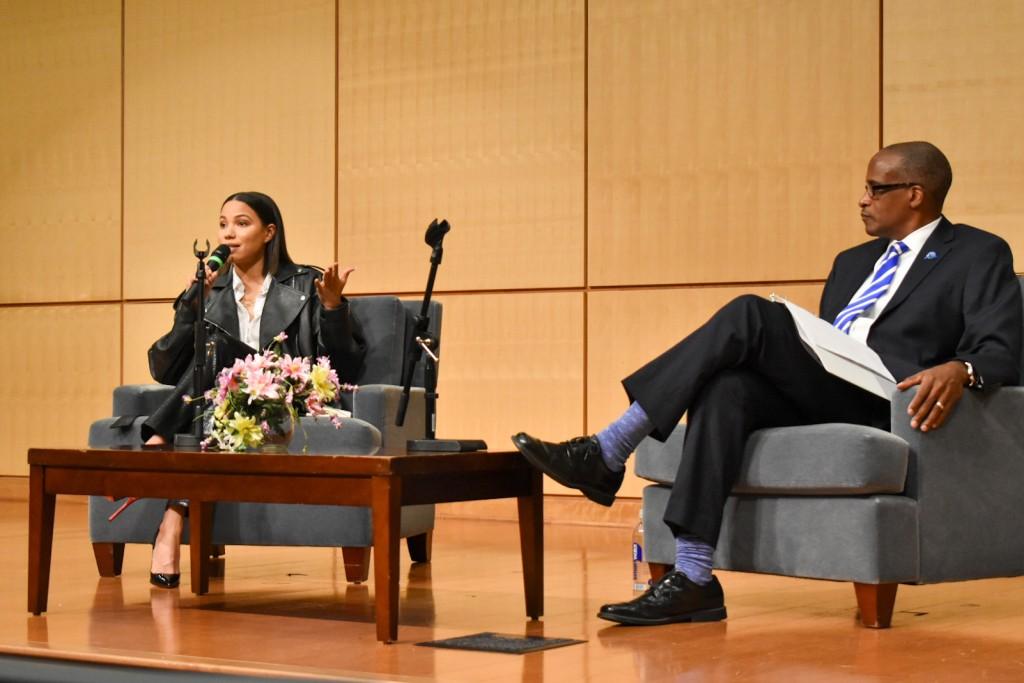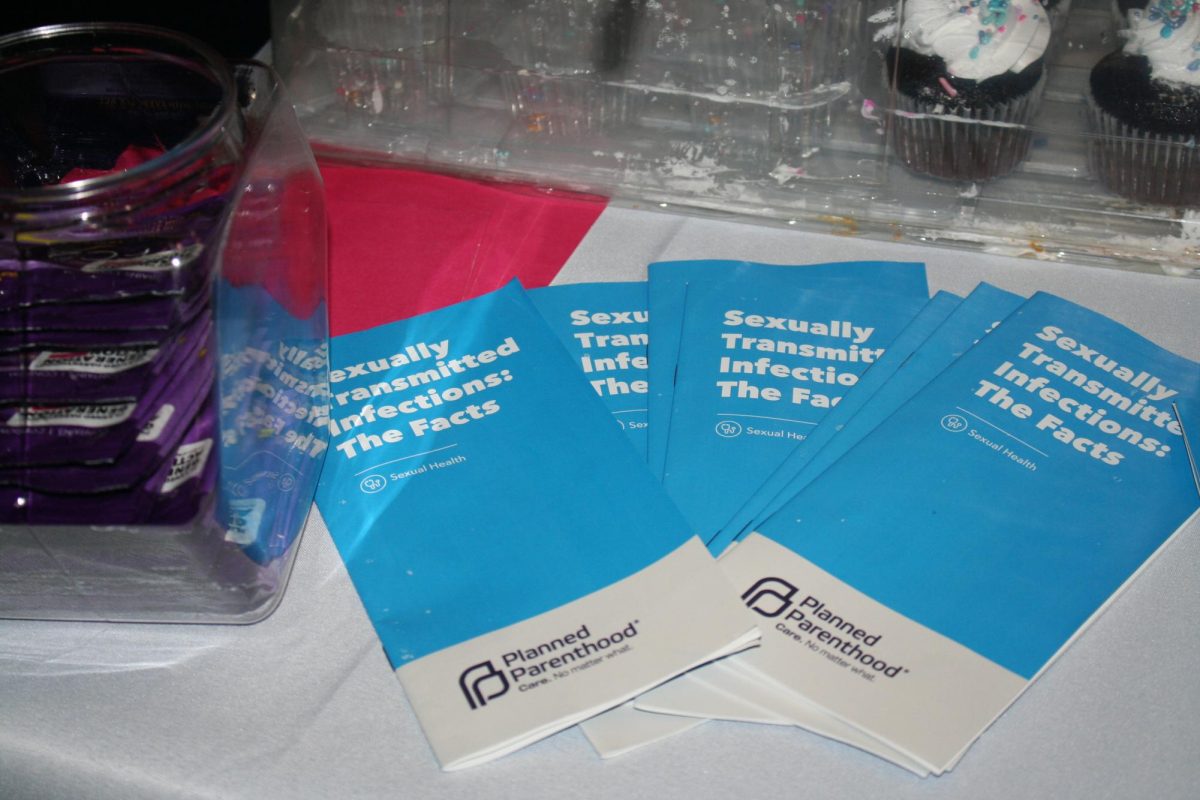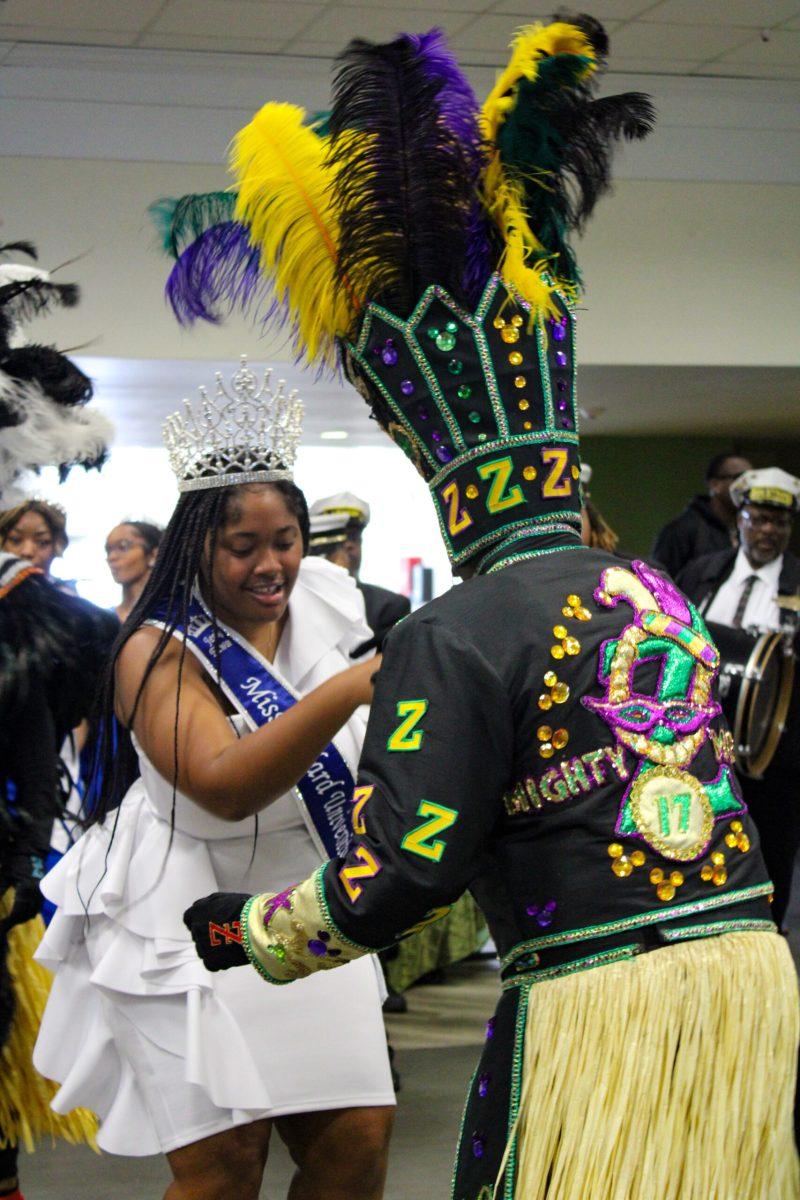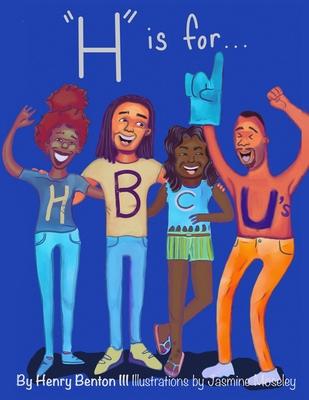NEW ORLEANS (April 11, 2013)-This year marks the 50th anniversary of some of the civil rights movement’s biggest victories, and the city of Birmingham, Ala., is commemorating the occasion as “The Movement that Changed the World.”
Yet five decades later, sometimes it seems that younger African Americans are not making the most of the opportunities that were so lacking before.
In 1963 the African-American fight for freedom and civil rights made one of the largest impacts on civil rights history.
It was 1963 – before passage of the Civil Rights Act of 1964 in Birmingham, Ala. Under the leadership of the Rev. Martin Luther King Jr., president of the Southern Christian Leadership Conference, blacks began daily demonstrations and sit-ins at lunch counters and other public facilities in protest to discrimination and Jim Crow laws. These demonstrations led to what is remembered as the Birmingham campaign.
In 1963, many historical demonstrations made headlines across the nation.
“The Stand in the Schoolhouse Door” was an attempt by then-Alabama Gov. George Wallace to live up to his inaugural speech in which he said, “In the name of the greatest people that have ever trod this earth, I draw the line in the dust and toss the gauntlet before the feet of tyranny, and I say segregation now, segregation tomorrow, segregation forever.”
In June 1963, Wallace attempted to block the integration of the University of Alabama. President John F. Kennedy sent the National Guard to ensure the enrollment of two black students.
African-American students now represent 12 percent of the student body at the University of Alabama.
As students attending an HBU and living in such a diverse society, we must realize how far we have come as a people. We take the simple things like enrolling in college for granted. We have to ask ourselves the question, “Am I taking full advantage of my civil rights?”
If we respond “no,” then the next question must be was it worth it to those who were suffered and were martyred for the cause of equality? Consider Emmitt Till, the four young girls slain in a Birmingham church bombing, the three voting rights workers murdered and buried in construction site in Mississippi, countless others who suffered indignities large and small so we could have more opportunities, and last, but not least, the assassinated of King himself?
Was it worth the marching and jail time that innocent people received for us to take advantage of the same education as white children? Was it worth the blood of African-Americans shot down by the police to allow you ride on public transportation?
It’s almost impossible to imagine now that simple actions we take for granted now – such as getting on a bus and sitting wherever you please, using a public bathroom or water fountain, trying on a dress that you like, eating in whatever restaurant you can afford, living wherever you can afford and being able to publicly date whomever you desire, regardless of race, not to mention being considered for higher-paying jobs – were so very difficult in the lifetime of “baby boomers” who are still with us.
Historical African-American leaders that we now praise and look up to lived in a time where they had to drink from water fountains labeled by the color of their skin. Police released dogs as they participated in peaceful demonstrations. These injustices ended, but we must never forget the passionate struggle others went through for us to enjoy the things we view as normal today.
People have deemed our generation as “lost,” yet we hold so much power for the future. As young African-Americans, the struggle may not be as rough, but it is still an ongoing revolution.
We must understand and embrace our past in order to appreciate our present and embark on bettering our future.
This year is not only the 50th anniversary for the civil rights movement of 1963: It also marks the 150th anniversary of the Emancipation Proclamation, the announcement issued by President Abraham Lincoln on Jan. 1, 1863, freeing the slaves in territories still in rebellion against the Union.
As King stated, “There is but one way to commemorate the Emancipation Proclamation. That is to make its declarations of freedom real.”
We must take this year to reflect on how far we have come and how much more work we have to do to reach ultimate freedom and equality as a people. As individuals, we must challenge ourselves to live up to the sacrifices and make the most of our opportunities.

